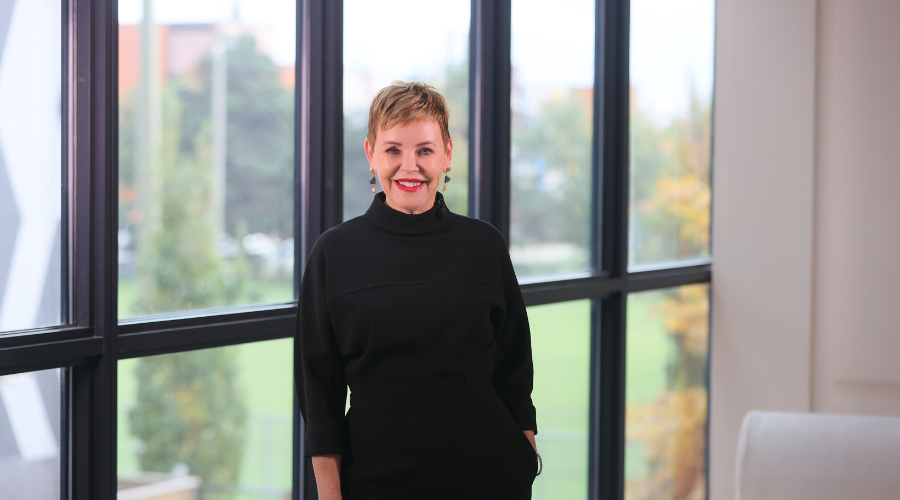Encouraging older adults to stay in the workplace is the new smart talk about retirement. The venerable Wall Street Journal’s economics’ blog advised “Keeping older people in the workforce for longer could help fight the U.S.’s high rates of old-age poverty and reduce inequality.”
As the gap between the rich and the poor widens in America, more than 20 per cent of Americans over 65 have an income that puts them below the poverty line, defined as half of median disposable household income, according to a report from the Organization of Economic Cooperation and Development.
The report also predicts that the next generations of retirees can expect higher levels of impoverishment as inequity rises, again according to this OECD report. “The Paris-based think tank, which provides advice on the best policies to follow to its 35 member governments, called on the U.S. to support longer careers for all socioeconomic groups as a way of reducing old-age poverty without putting additional strain on pension systems as the population ages rapidly.”
If you parse this sentence, what you discover is that the OECD is suggesting that folks work past 65 so pension funds don’t run dry and seniors do not become a larger burden on social welfare systems, which are increasingly underfunded. With fewer employees and employers paying into government pensions, it becomes harder to sustain old age security benefits. The longer older adults live, the more extreme the problem becomes. All in all, it’s a vicious circle.
So far in Canada, the situation is not dire, but the rush away from defined benefit pension plans and the huge size of the ageing baby boomer population here, will not exempt us from a portion of the problems the U.S. is facing.
Yet, there is one great big hitch to all of this good economic advice and it’s called ageism. Not only are younger adults angry at the boomers, who not only found full-time employment, but to add insult to injury they are now being advised to hog their long-standing jobs. Many boomers want to keep working, just as the OECD advises, but that cuts out younger generations from snatching up jobs, eking out a decent living and starting to save for their own retirement.
It’s complicated for countries that are cutting back on the social safety net. If some predications are correct, the recent tax omnibus bill before the Senate and the Congress in Washington will do wonders for the bottom line of corporations and some middle class budgets, but the growing deficit it creates over time, will eventually lead to the underfunding of what supporters of the bill like to call entitlements. Things like Medicaid and social security.
In the state of Kentucky, legislation was just passed that makes it mandatory for Medicare beneficiaries to be working to be eligible for support. Check out this link to see the income levels for families who can receive health benefits in that state: www.chfs.ky.gov/agencies/dms/dpo/epb/Pages/msp.aspx. The elderly are exempt for the new law.
All this leads to war between the generations, which in turn leads to increasing number of seniors finding it more difficult to stay in their jobs or find new work if they are laid off. It’s a new take on ageism and one that could change the landscape for seniors who still feel energetic enough to continue to work and contribute to society, or who need the income to pay the bills. Let’s face it, it’s hard to find a job when you’re over 60.
The bias is based on preconceptions that older men and women are worn out, lack fresh ideas and are out of step with the times. That we are resistant to change and new technologies, are low on energy and get grouchy. Ageist attitudes presume that we are working to keep busy rather than for need. On top of that we’ll take more sick days than the average worker, declares the ageist. My experience shows the opposite.
Older workers are diligent, responsible and bring to a new job a wealth of hard-earned experience. I’m a much better worker now than I was in the thirties when I needed more prompts to get the job done right. My motivation level is sky high. Like many retirees who find themselves in rewarding second careers, (mine being writing), we are doing exactly what we love and are best suited to do. I am a much better writer than I was a college professor, where three-hour long classes filled with fifty or more rowdy students was a daunting task for me.
Still there is a bias against older artists starting out, more so for women than men. When Nicole Kidman accepted the Screen Actors Guild award for Best Female Actor, she remarked that until recently, female actors were done by the time they were 40 years old.
Many of us worked for 40 years before we could devote ourselves to our art or a second career. It was the responsible thing to do: support the family, pay taxes, keep paying down the mortgage on a home whose equity we could leverage as seniors —or leave to our children to inherit. Bloomberg News recently reported on the U.S. National Retirement Risk Index where predications are based on the assumption that seniors should buy an annuity and take out a reverse mortgage to stay above the poverty line.
“In calculating the index, the Center for Retirement Research assumes that when they hit 65, homeowners will take out reverse mortgages (where the bank pays you) and those with money in 401(k)s, individual retirement accounts, and other savings and investment accounts will buy inflation-indexed annuities with it. Most Americans don’t do either of these things, of course, but many should, and these methods create income estimates that can be combined with Social Security and/or pension income to give a fair picture of a household’s potential retirement income.”
Time to face up to the obvious. The old model of working for one company for 40 years and retiring with a gold-plated pension is over. Those over 60 will need to work longer, possibly into their seventies. Managers and Human Resources professionals need to question their attitude to seniors that is often demeaning and prejudicial. It’s more than elder respect; it’s good business.






























